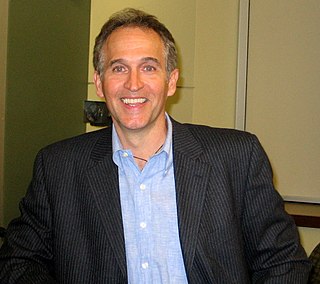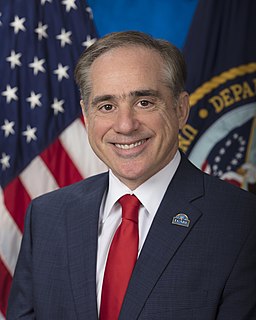A Quote by Barry Commoner
What I have experienced over time is that environmental problems are easier to deal with in ways that don't go into their interconnections to the rest of what we are.
Quote Topics
Related Quotes
We certainly would resolve the problems of the charities that are working in areas where they can do the most good. So if you consider that the U.S. foreign aid budget is 30 billion, yes, we could make a major contribution to reducing global poverty, start to deal much better with some of the other big environmental problems that the world faces. So I think we could solve a lot of problems.
I think a lot of us who had these oddly shaped childhoods, in some ways we're hyper-capable. We're able to take care of ourselves in a lot of ways but it's like we're missing a piece. When everyone went to school to learn how to be a regular person we were sick that day. We compensate other ways. Alcohol and drugs is one of those ways. Instead of learning how to cope with our problems and deal with hardship and deal with anger, we just decide to get drunk and not care.
The modern Western world is in many ways a sustained attempt to deal with the unintended and unwanted problems related to the disruptive fracturing of Christianity in the 16th and 17th centuries; We can't understand ourselves or our world in 2017 - or its increasingly obvious and grave problems, and just how deeply rooted they are - unless we understand how much they owe to attempts to deal with the problems derived from what started 500 years ago, in 1517.
The oceans are in trouble. There are some serious problems out there that I believe are not clear to many people. My hope is to continually find new ways of creating images and stories that both celebrate the sea yet also highlight environmental problems. Photography can be a powerful instrument for change.




































